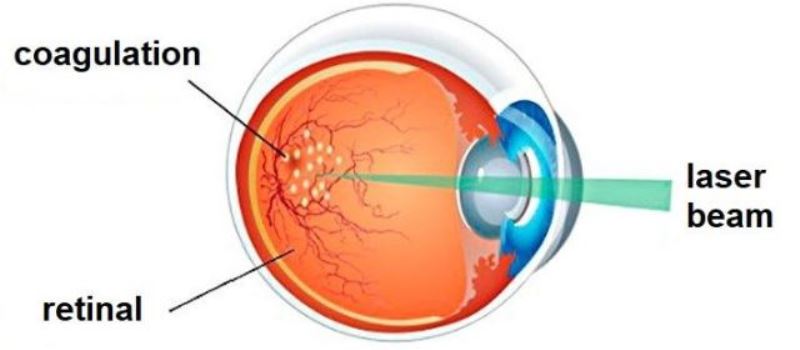Will I regain complete vision after undergoing laser treatment?
Laser treatment for diabetic retinopathy will prevent the progression of the disease. In some cases, vision may also improve slightly. Typically, vision that is lost to diabetic retinopathy cannot be restored. So, the longer the treatment is delayed, the higher the chance of permanently losing vision.
Do I have to get laser treatment multiple times?
This depends on your eye’s response to the first laser treatment. Your doctor will decide if it is needed. If the retina problem comes back, then another round of laser treatment may be required.
How common are the side effects of laser treatment?
Laser treatment is a very safe procedure. Both the side effects and the possible complications are extremely rare.
Can I bathe and go to work after laser treatment?
Yes, you can perform all your daily activities as you normally do.
Will I experience pain during laser treatment?
No. During laser treatment, your eye will be numbed so you don’t feel any pain. A few patients may experience mild pain, but this only lasts for 3-4 hours. These patients may use eye drops to reduce the pain.
I have myopia (near-sight) and I am already using spectacles. The doctor told me I have a retinal hole and will have to get laser treatment. Is this necessary?
Yes. Laser treatment can close the hole. This prevents retinal detachment.
Do I have to come back for check-ups after laser treatment?
Yes. You should have a regular check-up in the retina clinic at least once a year. This will allow doctors to see how well you are responding to the treatment. It can also help them see if any new retinal damage has occurred.

